Category: Literature & Language
-
Genealogies of White Violence and Black Resistance

Toneisha Taylor and Amy Earhart initiated White Violence, Black Resistance (found at: https://sites.google.com/site/bkresist/projects) as a collaborative endeavor to digitize and disseminate a variety of primary materials that concern the nexus between racial relations and power in colonial Texas. They contend that the current paradigm of historicizing and preserving materials on […]
-
Open Collaboration – Wikipedia Editor
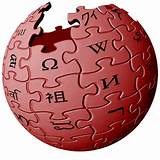
After getting my account approved on wikipedia to be an active editor, I immediately sought out to see how I could contribute to this online community. While looking through many of the wikipedia pages, I noticed that many of them had been categorized as having problems that needed to be revised. My first attempting at […]
-
Catherine of Siena’s Network #NYCDHweek17
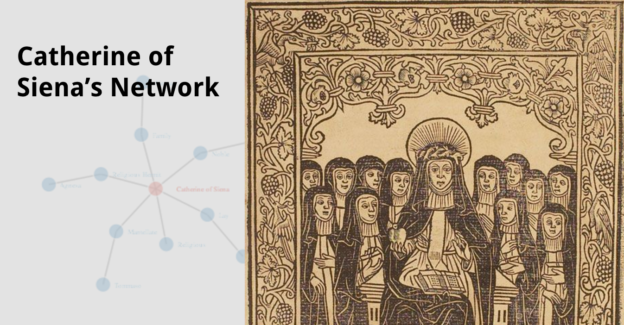
Here are my remarks from the NYCDH Week Kickoff Gathering at the Graduate Center, CUNY on February 6, 2017. Slide deck Project website — caterina.io Born in 1347, the year before the plague ravaged her hometown, Catherine of Siena would become a prolific writer to deliver her activist spirituality throughout 14th-century Europe. Choosing a religious life […]
-
Wikipedia – a Democratic Crowd-Sourcing Project
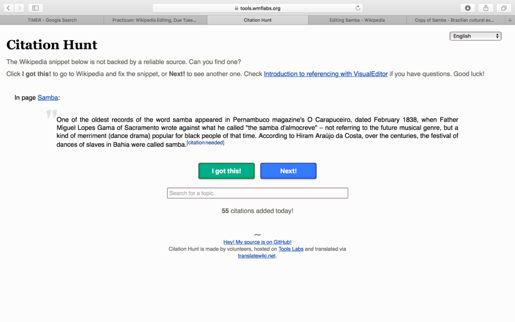
I initially found the prospect of contributing to Wikipedia to be a daunting task, especially after having read David Auerbach’s article “Encyclopedia Frown” on Wikipedia’s editing disputes. But two exercises helped acclimate me to the process of editing a Wikipedia page. Form my first exercise, I researched and added a citation where one was needed. I began […]
-
Hashtags – Internet’s Largest Crowdsourcing Project?

Monica Anderson and Paul Hitlin, in their article “Social Media Conversations About Race,” provide an overview of a Pew Research Center survey that examined how social media users see, share and discuss race, as well as the rise of hashtags like #BlackLivesMatter. Anderson and Hitlin point out that Black social media users are almost twice […]
-
Crowdsourcing – the Not So Stupid Bot
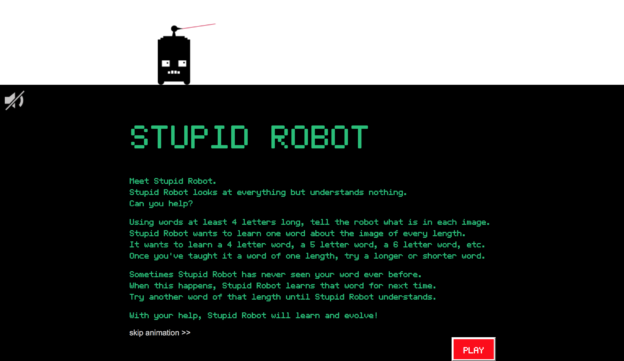
The digital activism project that I recently contributed to through crowdsourcing was Stupid Robot by Metadata Games. Metadata Games emerged out of the Dartmouth College based game research laboratory Tiltfactor, whose chief objective is to design games for social impact and learning. Today, Metadata Games is the National Standard open source crowdsourcing game platform, comprised […]
-
Digital Archive over Standard Library

Libraries provide great sources of information through the articles, records, and books that they contain. These items are all physical and are finite within a library’s complex. The problem with this is that there is a limitation placed on all of the readers who would like access to these sources at the same time. Most […]
-
Databases and Digital Archives

Archivist Kate Theimer, in her essay “Archives in Context and as Context,” raises an interesting point about the relationship between a database and a digital archive. She argues that the term “archive” is a double entendre. Information technologists use “archive” to describe back up data; digital humanists use “archive” to describe collections of data. But […]
-
Not Reading the 19th-Century Novel, and the DH/PH Relationship

This past semester, my course tackled the traditional DH assignment – “(Not) Reading a Nineteenth-Century Novel.” In a class focused on how DH fits within graduate study of English departments, the premise of the assignment made a lot of sense. These are literary scholars looking to understand how these tools fit within their research goals. […]
-
TEI Headers and Encoding
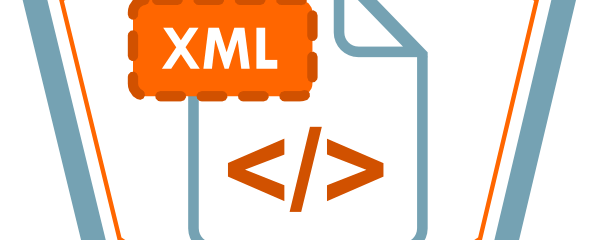
After encoding the title page and the first 12 lines of Helen Maria Williams’ Poem on the Bill Lately Passed for Regulating the Slave Trade into an XML (eXtensible Markup Language) document, I recognized the importance of the TEI (Text Encoding Initiative) header. The TEI Header, in general, has four children – the first of which […]